How To Repair A Damaged Skin Barrier: 6 Expert Tips To A Healthy Barrier
Dermatologists share their best advice for repairing a compromised skin barrier.
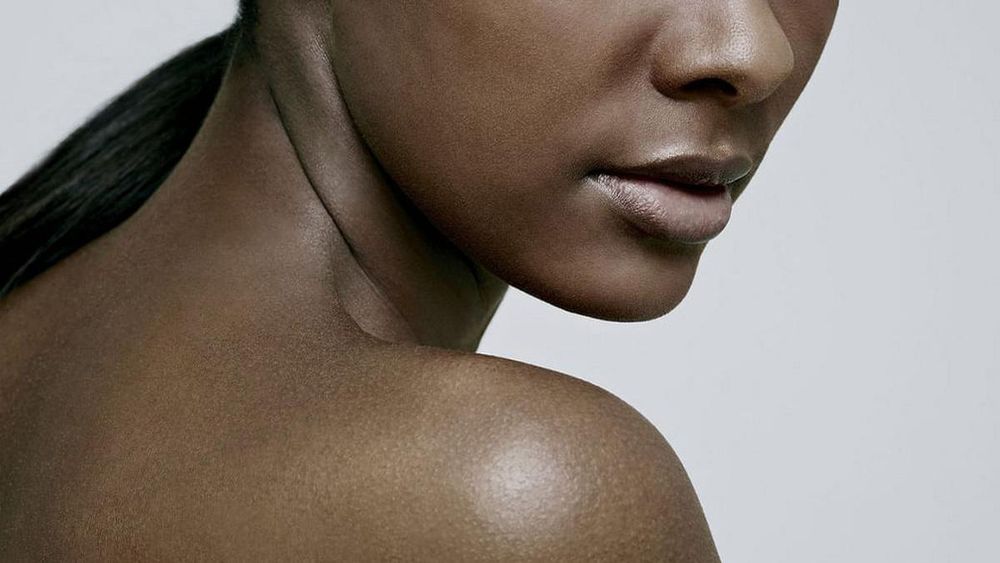
Beauty buzzwords appear at lightning speed these days. Sometimes the It thing is an ingredient like retinol to target signs of aging and acne, or hyaluronic acid to plump skin. Other times it’s a concept or technique like skin cycling. The latest craze is all about taking a gentler approach to skincare through so-called “barrier repair” products. But what exactly is the skin barrier?
“The skin barrier refers to the outermost layer of skin, which is also called the stratum corneum. This is the first layer of defense that provides protection to the deeper layers of your skin,” New York City–based dermatologist Lauren Penzi tells Bazaar.com. Made of proteins and lipids, the skin barrier also protects your body from free radicals, pollutants, and irritating environmental factors. When the barrier is healthy, skin looks radiant. When it’s compromised—through over-exfoliation, for example—that can lead to a host of issues like acne, irritation, and chronic dryness.
If your skin barrier does have damage, there are steps you can take to repair it. Ahead, we consulted expert derms on how to determine if your skin barrier is damaged and the best ways to get it back on the road to recovery.
Related article: The Best Hydrating Face Masks To Soothe Dry Skin Fast
Determine whether your skin barrier is damaged
More often than not, dryness, redness, or irritation is a telltale sign of a compromised skin barrier, says Pennsylvania-based dermatologist Lindsey Zubritsky. “You may notice that your skin is stinging, burning, or extra sensitive when applying products. Other signs might be breakouts or worsening of other skin conditions like eczema or rosacea,” the derm says.
Cut back on exfoliating
Disrupting your skin barrier is easier than you might think. “Scrubbing too hard and too often is a surefire way to destroy your barrier,” says Los Angeles–based dermatologist Harold Lancer. The same rule goes for chemical exfoliants like AHAs and BHAs, which help with skin renewal and cell turnover, but aren’t meant as daily treatments or to be combined with other harsh ingredients like retinol.
Don’t use harsh cleansers
Howard Murad, a dermatologist in California, advises his patients to avoid drying sulfates, a popular cleansing agent, as they remove too much of your skin’s natural oil and, in turn, cause damage to your skin barrier. Instead, opt for a gentle cleanser that has hydrating ingredients, like his brand’s Murad Soothing Peptide Cleanser, which boasts soothing oat and a gentle micellar water to safely get rid of grime without stripping the skin.
Proactively strengthen your barrier
Instead of frantically using skin barrier repair ingredients as a Band-Aid, opt for targeted ingredients to strengthen your barrier to prevent any damage. Murad recommends ingredients that support the skin microbiome, like probiotics, oats, and ceramides. The last are a lipid that acts like glue to hold skin cells together and makes up 50 percent of the skin barrier’s lipid composition. In Fresh’s Tea Elixir Skin Resilience Activating Serum, ceramides are coupled with a patented green tea complex to increase skin’s resilience, boost antioxidant protection, and prevent dehydration and water loss.
Related article: The Best Hydrating Face Masks To Soothe Dry Skin Fast
Shop Skin Barrier Repair Products
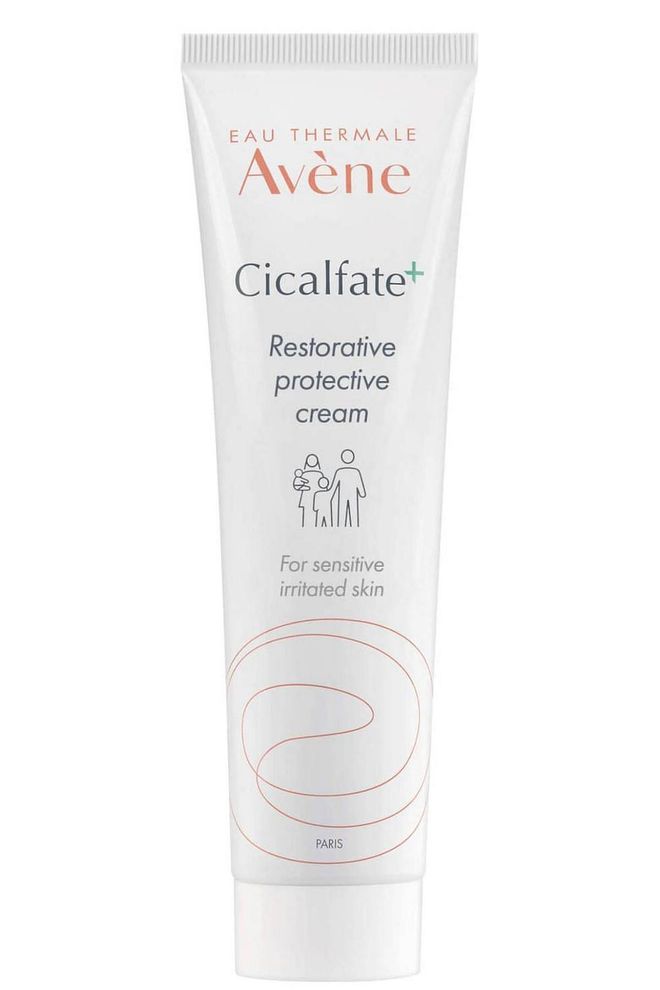
Avene Avene Cicalfate+ Restorative Protective Cream

Fresh Tea Elixir Skin Resilience Activating Serum
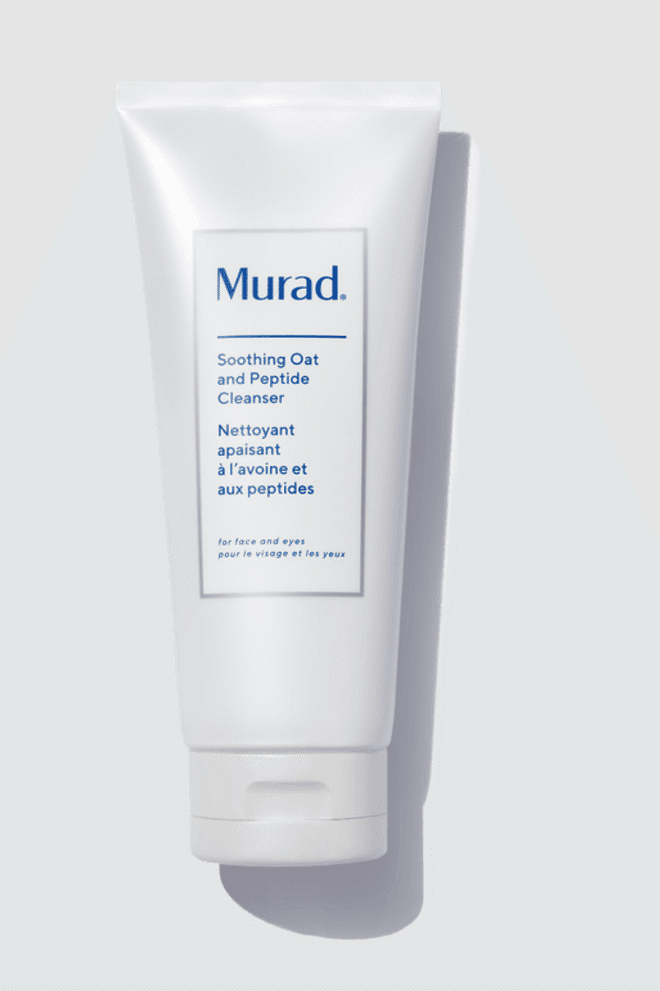
Murad Soothing Oat and Peptide Cleanser
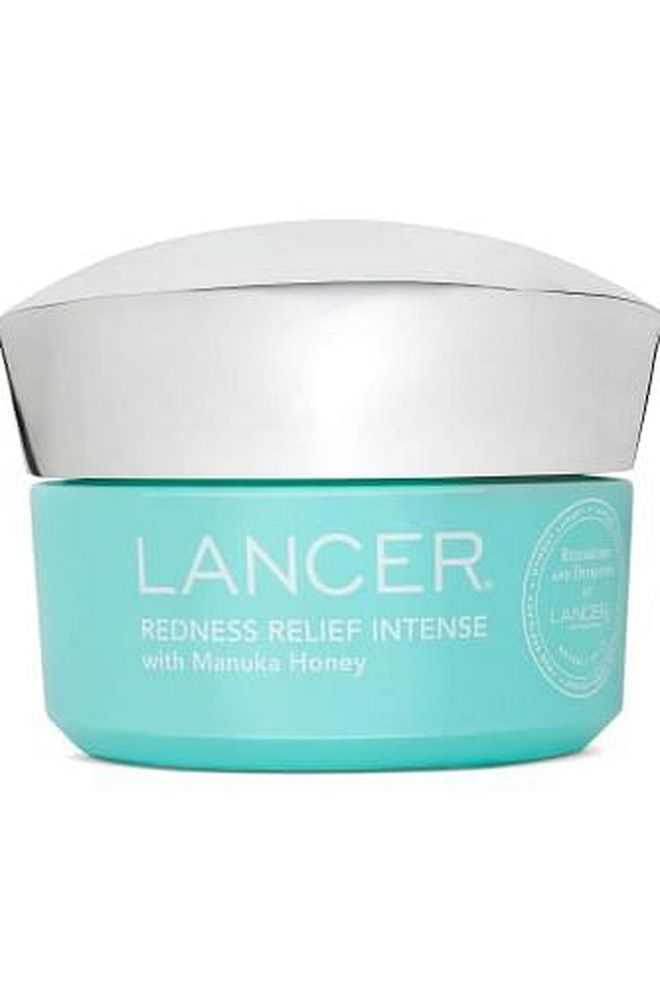
Lancer Redness Relief Intense
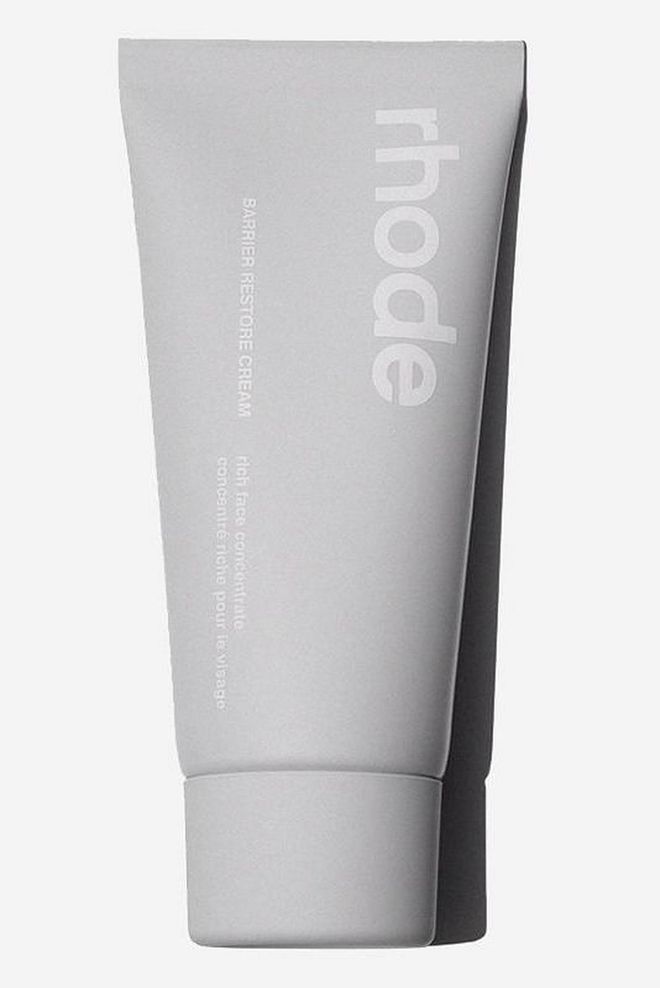
Rhode Barrier Restore Cream

U Beauty The Barrier Bioactive Treatment
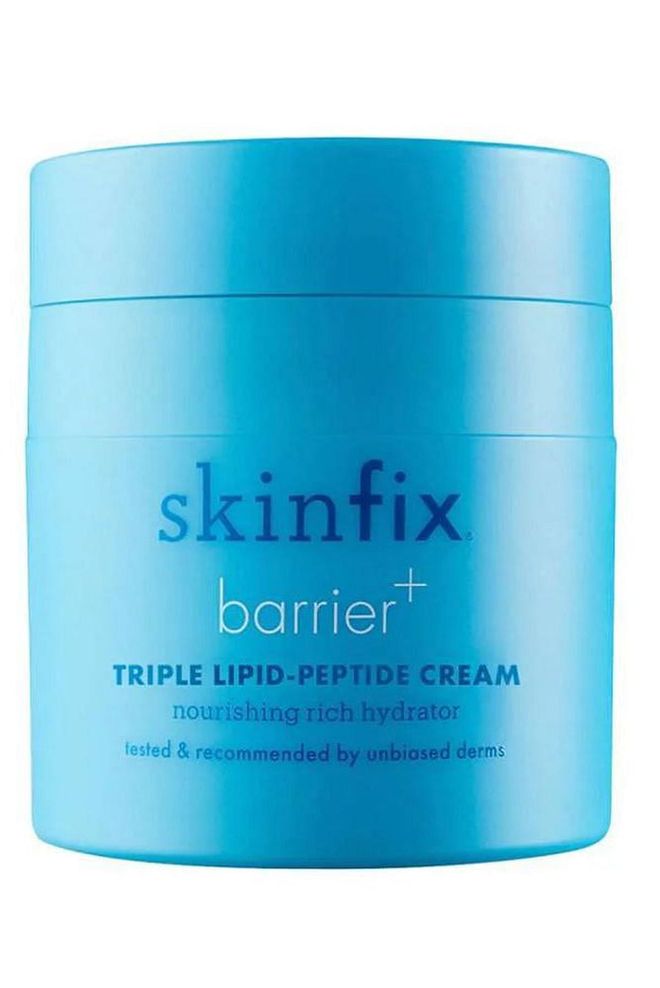
Skinfix Barrier+ Triple Lipid-Peptide Refillable Face Cream
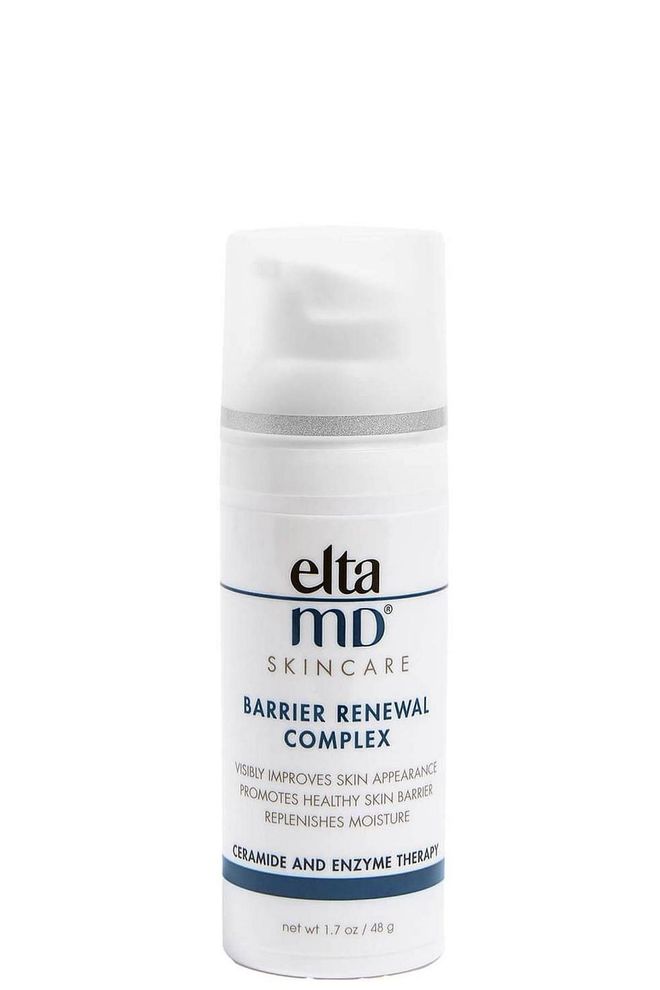
EltaMD Barrier Renewal Complex
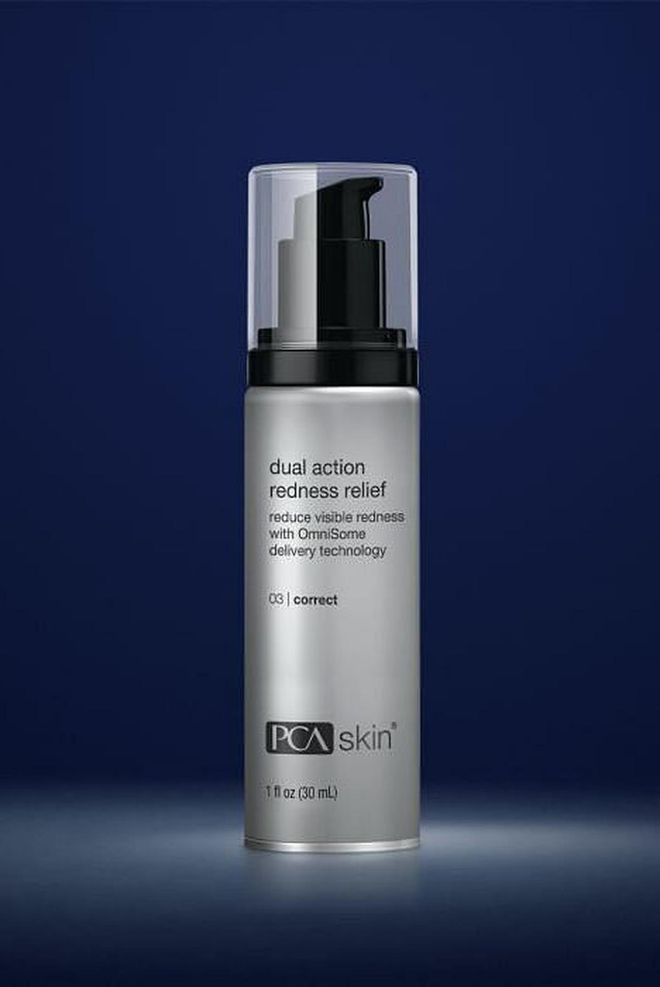
PCA Skin Dual Action Redness Relief
Hydrate, hydrate, hydrate
Dermatologists wax poetic about hydration, but it’s even more crucial when your skin barrier is compromised and fails to protect the skin from water loss. Excessive UV exposure can harm the barrier by dehydrating skin, Zubritsky notes. Her go-to for this is the Avène Cicalfate+ Restorative Protective Cream. It’s made with a copper-zinc sulfate complex to promote and maintain a healthy skin environment and Avène’s famous thermal spring water, which is clinically shown to soothe and calm the skin. It can also be helpful to incorporate humectant ingredients like hyaluronic acid and glycerin to promote long-lasting hydration.
Decrease inflammation
Inflammation and a damaged skin barrier go hand in hand. Lancer suggests looking for anti-inflammatory ingredients like Centella asiatica (also known as tiger grass, and the star of the Lancer Skincare Redness Relief Intense mask), calming niacinmaide, and squalane, which mimics the skin’s natural hydration levels. Oats are another great ingredient to help with inflammation, and are safe even for those with the most sensitive, eczema-prone skin,
This article originally appeared in Harper's BAZAAR US.
Related article: The 25 Best Skincare Brands Worth Adding To Your Beauty Lineup